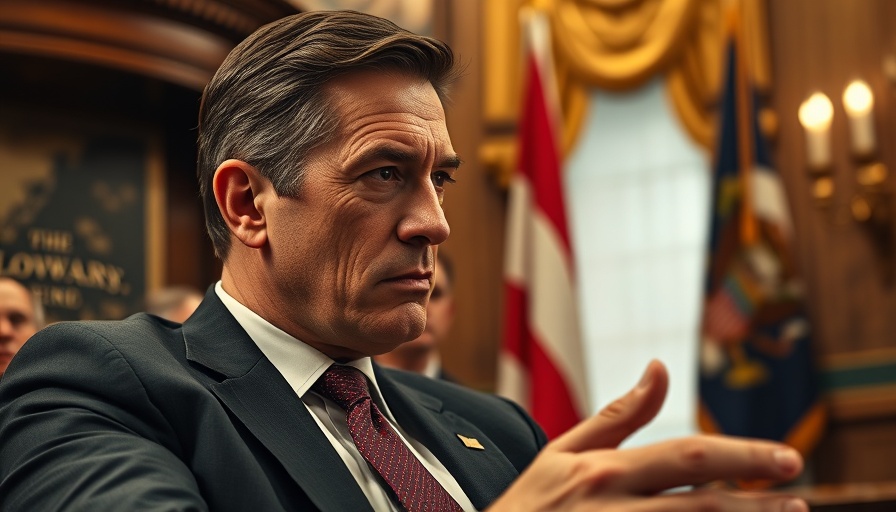
Understanding Trump's Comments on Ukraine and Russia
In a recent statement, former President Donald Trump revealed his perspective on the ongoing Russia-Ukraine conflict, asserting that negotiating peace with Ukraine is proving to be "more difficult" than dealing with Russia. This statement comes amidst a significant pause in U.S. military aid to Ukraine, stirring conversations about U.S. foreign policy and its implications for global diplomacy.
Context Surrounding Trump’s Remarks
Trump’s comments, made during a press session in the Oval Office, highlight a perplexing situation. He argued, "They don’t have the cards" when it comes to negotiating peace, implying that Ukraine is at a disadvantage compared to Russia, which he claims is facing numerous internal challenges. This statement raises questions about U.S. commitment to Ukraine and the willingness of both parties to reach a peaceful resolution. Of particular interest is Trump’s mention of a potential truce, emphasizing the urgency of negotiations to prevent the conflict from escalating further.
A Call for Peace amidst Escalating Violence
In light of recent military escalations, including extensive missile strikes on Ukrainian infrastructure, Ukrainian President Volodymyr Zelenskyy has responded by calling for a ceasefire. His efforts suggest a desire not just for survival, but a genuine interest in achieving peace. The dichotomy between Trump’s remarks and Zelenskyy’s calls for peace underlines the complexities of international diplomacy in times of war.
Comparing Diplomatic Approaches
Analyzing Trump’s approach towards Russia and Ukraine reveals stark contrasts. While he expresses a perceived ease in negotiations with Russia, there lies a growing apprehension across Europe regarding the U.S.'s future role in supporting Ukraine. His administration has threatened "large scale sanctions" against Russia until a peace agreement is recognized. However, his earlier pauses on military aid have led to concerns that this stance may weaken Ukraine's negotiating position.
Possible Sanctions and Their Implications
Trump's mention of large-scale sanctions against Russia aligns with statements made by Treasury Secretary Scott Bessent, who noted the need for immediate and impactful sanctions. However, critics argue that past sanctions under the Trump administration lacked the rigor needed to significantly hinder Russia's war efforts, prompting concerns about the effectiveness of such measures in diplomatic negotiations.
Global Reactions and Future Predictions
The international reaction to Trump’s statements has been mixed. While some believe his assertive approach may spur urgency among both nations to negotiate, others see it as potentially exacerbating tensions. Predictions about future interactions between the U.S., Russia, and Ukraine point to an uncertain path. How strongly the U.S. will assert its influence remains to be seen as both Ukraine and Russia weigh their options for negotiations.
Final Thoughts and Call to Awareness
As the situation continues to evolve, it is vital for the audience to stay informed about the developments emanating from these diplomatic engagements. Understanding the nuances in Trump’s remarks offers insight into the complexities of peace negotiations in geopolitical conflicts. Awareness of broader implications informs how individuals perceive not just regional stability in Ukraine, but also the far-reaching effects on global peace.
Stay informed and engaged with reliable news coverage to understand the ramifications of these high-stakes negotiations. The evolving narrative surrounding U.S. foreign policy will undoubtedly influence global affairs.
 Add Element
Add Element  Add Row
Add Row 



 Add Row
Add Row  Add
Add 


Write A Comment